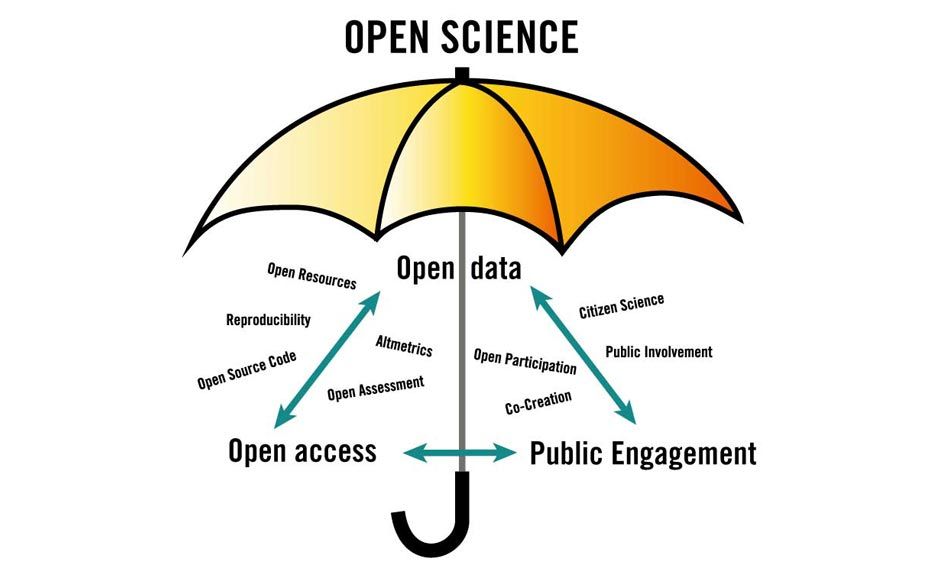2023: The year of Open Science at SBD Lab

Being competitive does not mean hiding behind 🔏 confidentiality claims in the domain of research. Many researchers conducting research hide behind 🔏 confidentiality claims, which does not allow others to reproduce their research. I name this the 'Confidentiality syndrome,' which is a condition where a researcher pretends to work all the time on highly confidential research or deliberately refuses to share the sources of their scientific work. Their main intention is to assume the 🤩 "Very Important Role" so that people care for them and they are the center of attention in the scientific community. They always use the concept of 'privacy' or 'originality' as an excuse not to share their methods, datasets, and protocols to add more value to themselves and their publications. However, not all research can be classified as confidential or patented.
Sharing in science is part of researchers' integrity. As science becomes more open, researchers must make research more accessible and transparent to other researchers and broader society. This can be done in different ways: by making research data and findings freely available and inviting the public and other stakeholders to participate in all or parts of the research process. As science becomes more open, researchers must participate in contexts outside of academia: participating in public debate, collaborating, engaging in dialogue with various societal actors, and contributing to public discourse. Since 2020, the SBD lab members have adopted a series of measures that include:
1. Make all scientific papers published in pay-walled journals accessible via Liege University Open Access Platform: ORBI.
2. Review for Open Access journals, including Green and Diamond open access journals and not only Golden journals. To learn more about journals types, check this video: https://lnkd.in/e56M2wz3
3. Become a member of scholarly societies, including the International Building Performance Simulation Association, and review for its journal and conferences.
4. Start a weekly newsletter, disseminate our publications to a wider audience beyond our peers, and reach out to journalists, science communicators, policymakers, and interested citizens. We have already started to share paper summaries in plain language on Wikipedia. We also made many of our academic presentations and talks available too.
5. As for scientific datasets and open-source codes, we have published many of them since last year with CC-BY or Public Domain licenses on Dataverse and GitHub.
Follow us this year, get engaged, and we promise to develop rich discussions on open-access practices and how to spread them worldwide.
📣 Read and share this 📄 newsletter.
The article was published by Shady Attia and SBD Lab members.
Subscribe to my 📰 newsletter: www.shadyattia.org
Look at ☑️ recent posts and activities. https://lnkd.in/eR-jiXtR
#research #community #integrity #sharingknowledge #reproducibility